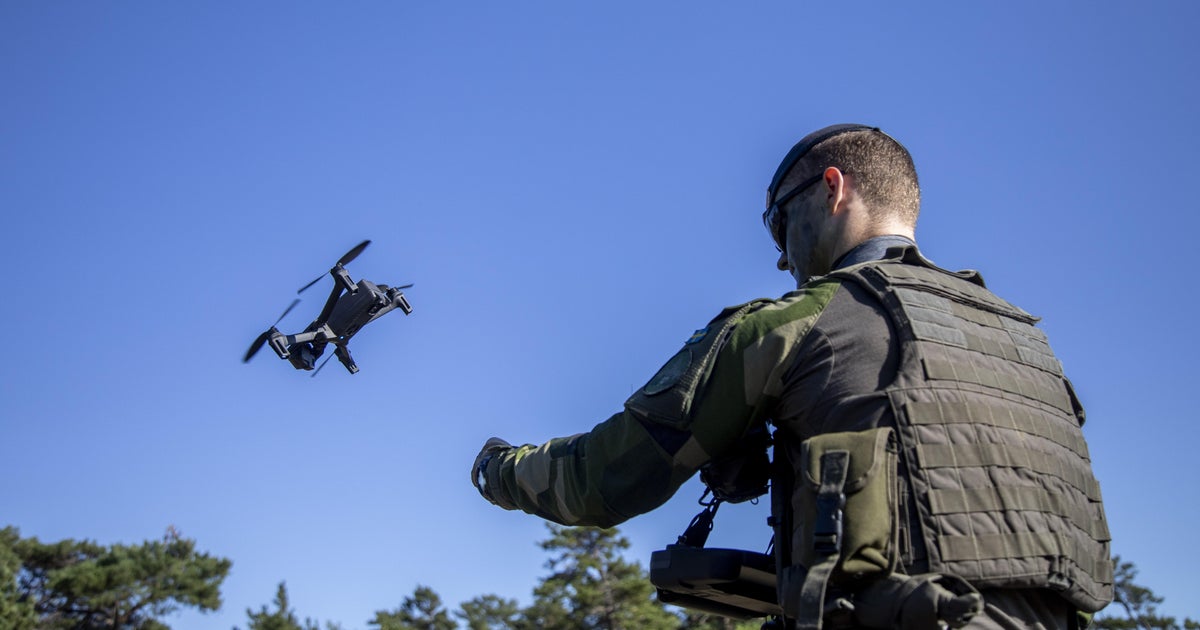Sweden to set up emergency grain reserves to be prepared for crisis
Sweden to set up emergency grain reserves to be prepared for crisis

Sweden will set up its first emergency grain stocks in the north of the country, a region that risks being isolated in a conflict, the government said.
Read the full article on CBS World
Truth Analysis
Analysis Summary:
The article is mostly accurate, confirming Sweden's plan to establish emergency grain reserves. There's a slight bias towards highlighting potential crisis and preparedness measures in Europe, possibly exaggerating the sense of imminent threat. The article's claim about the location of the reserves is supported by available sources.
Detailed Analysis:
- Claim: Sweden will set up its first emergency grain stocks in the north of the country.
- Verification Source #2: Confirms Sweden to establish emergency grain stocks in the north.
- Assessment: Supported
- Claim: The region risks being isolated in a conflict.
- Verification Source #2: Not directly mentioned, but the article implies the grain reserves are for times of crisis.
- Assessment: Unverified, but plausible given the context.
- Claim: The population should be able to put food on the table even in times of crisis.
- Verification Source #2: Quotes Minister for Civil Defense Carl-Oskar Bohlin (M) saying “The population should be able to put food on the table even in times of crisis”
- Assessment: Supported
- Claim: Sweden is preparing for a potential crisis.
- Verification Source #4: Sweden announced it will begin stockpiling strategic reserves of food supplies in preparation for wars or crises, allocating $65 million in this.
- Verification Source #5: Mentions similar manuals distributed in Sweden and Finland for crisis preparation.
- Assessment: Supported
Supporting Evidence/Contradictions:
- Source 2: “The population should be able to put food on the table even in times of crisis,” says Minister for Civil Defense Carl-Oskar Bohlin (M).
- Source 4: Sweden announced it will begin stockpiling strategic reserves of food supplies in preparation for wars or crises, allocating $65 million in this.

